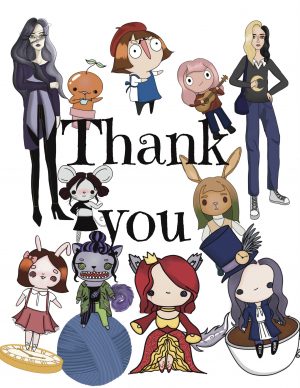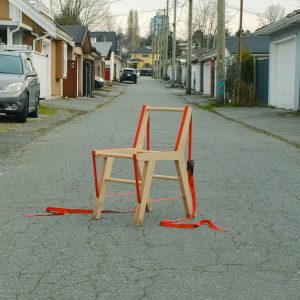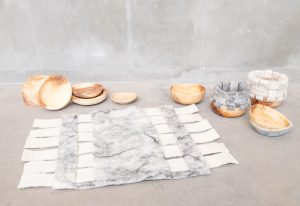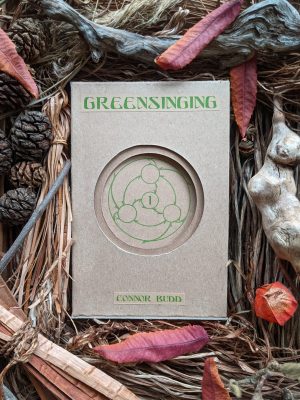Care/Community/Action!
Morgan Martino
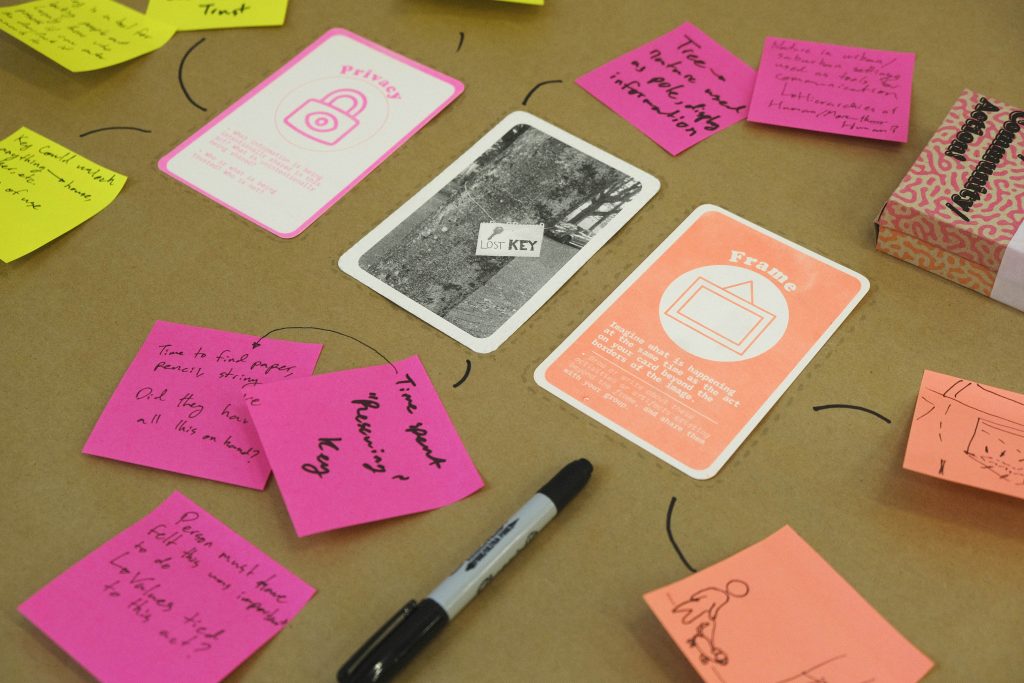
Care/Community/Action! is a card set that facilitates group exercises that re-examine material cultures and designed environments through a lens of care; linking small actions and artifacts to larger systems and values that they are entangled in through applied design research practices.
Context
In the wake of COVID-19, notions of how we are able to care for our community and ourselves shifted dramatically. With traditional forms of community gathering and interaction put on pause, exploring alternative methods for creating communities of care has become an incredibly important task for designers and those working in the public realm. This series of projects and practices attempts to research, (re)imagine, question and create spaces, systems, and artifacts of care through ethnographic design research, grassroots community building and speculative design prompts.
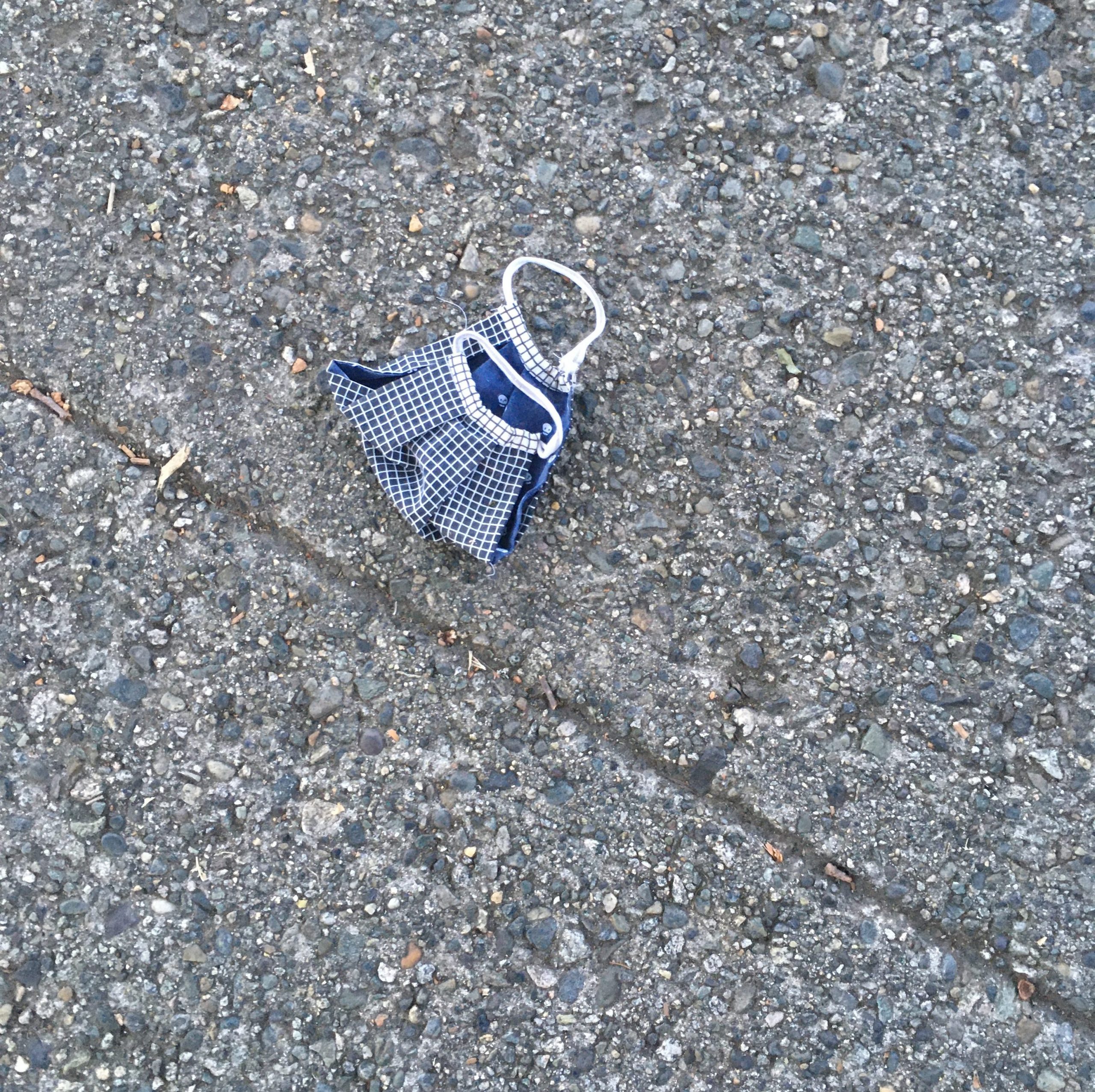
Practice
Throughout Acts of Care, two interwoven methods of practice were used to explore themes of care, community and relationality:
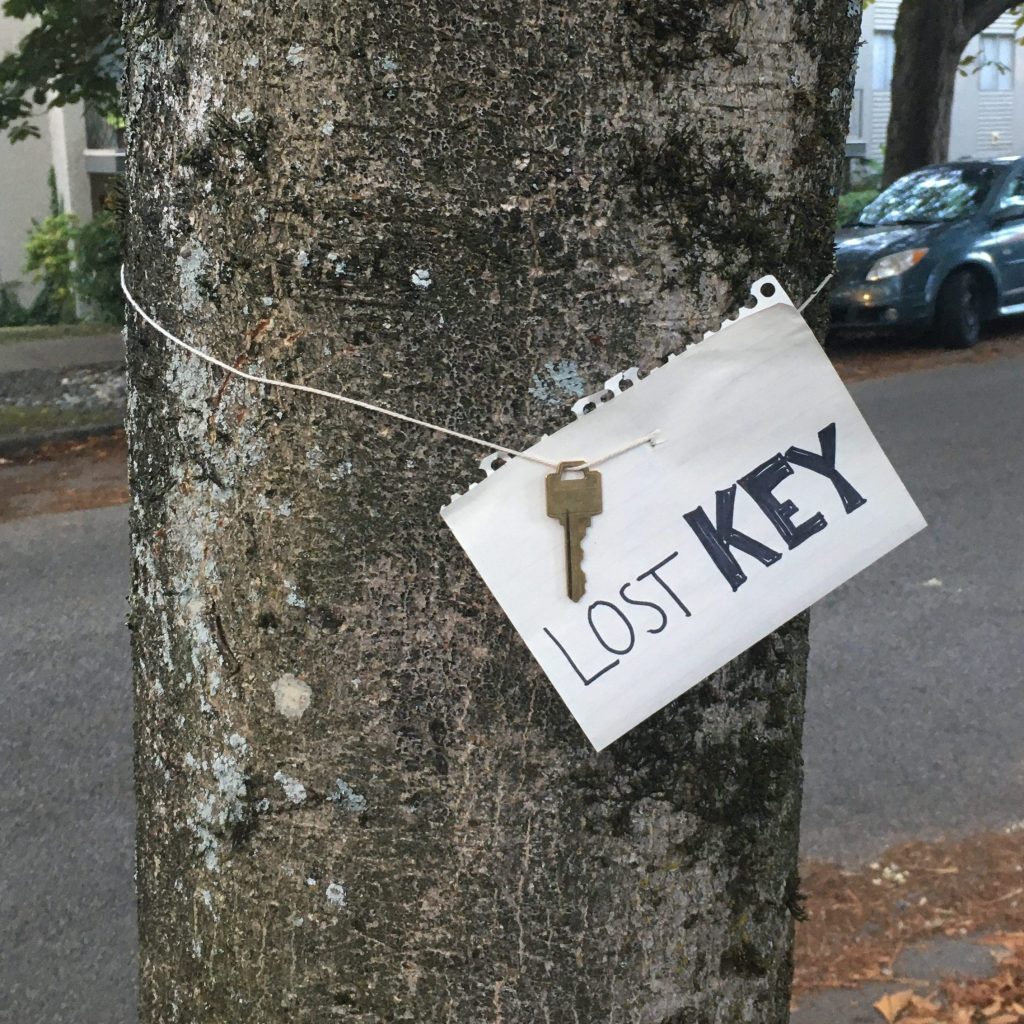
Vernacular acts of care were explored in a design ethnography context. Personal place-based engagement occurred through ethnographic walks; sometimes augmented by additional sensorial engagement (such as audio from found cassette mixtapes or discarded mp3 players). These acts (including found grocery lists, free little libraries, cassette mixtapes and lost & found posters) were collected, documented, and curated into taxonomies of care. These sets could then be put in conversation with one another and used as tools to explore the contexts and relationships involved in forming the act.
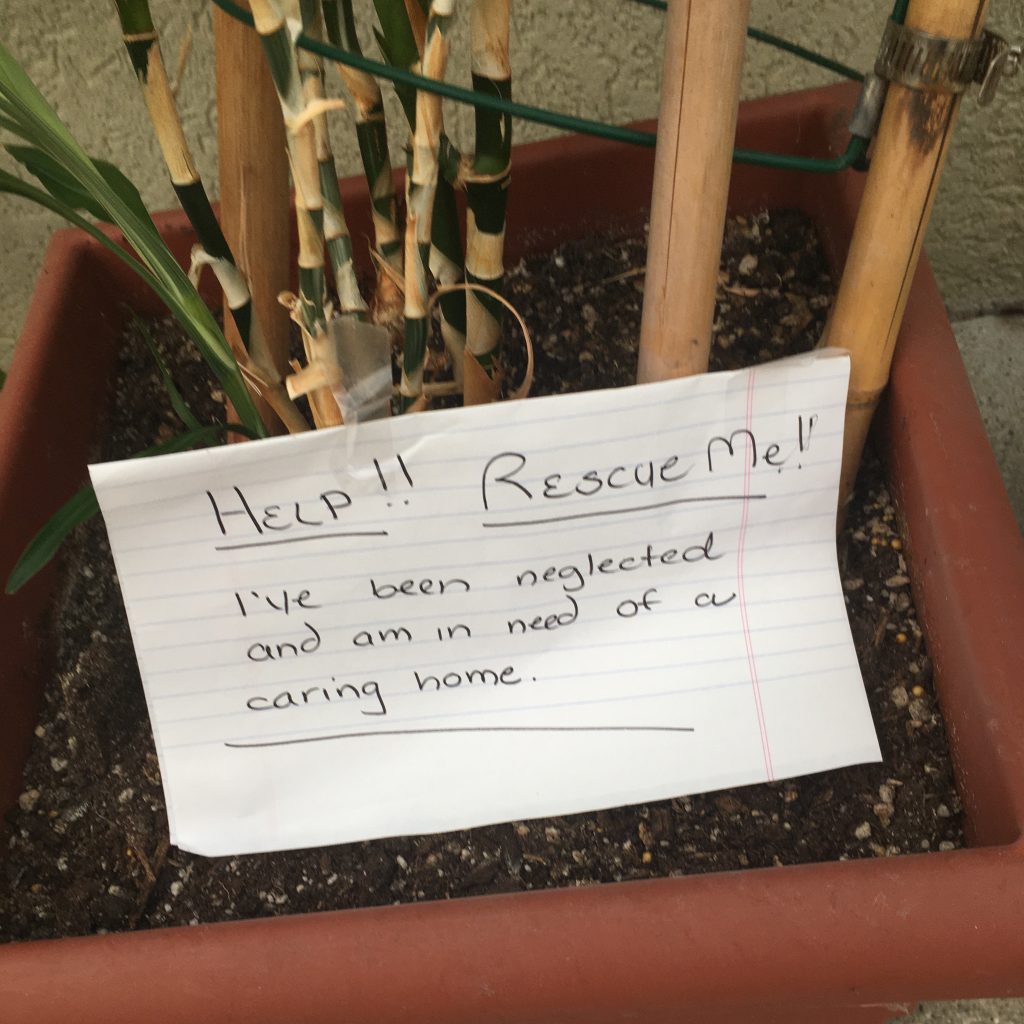
These explorations of care were concurrently externalized through small scale community engagement projects. Projects ranged in scale, scope, and formality, taking place both synchronously and asynchronous and across online and physical spaces. Engagement in these spaces allowed participants to become co-researchers; who were able to interrogate what care is or could be through a generative design thinking framework. Specific tactics employed include forensic analysis, peer to peer education and knowledge sharing, place-based engagement and speculative worlding.
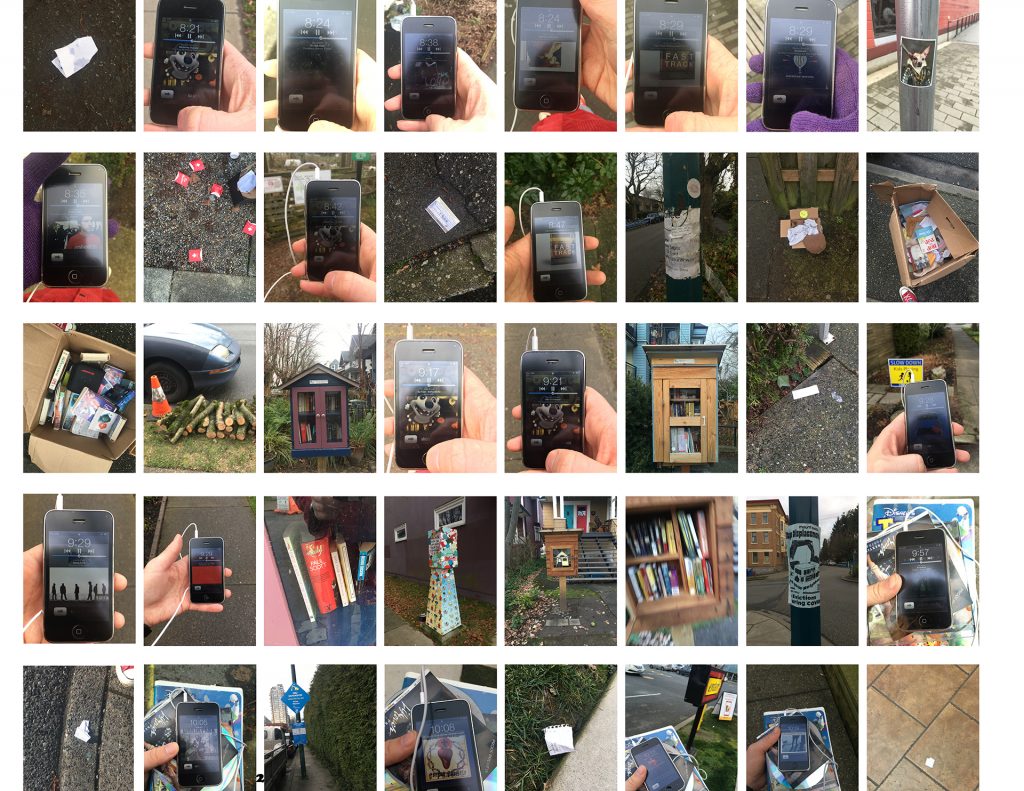
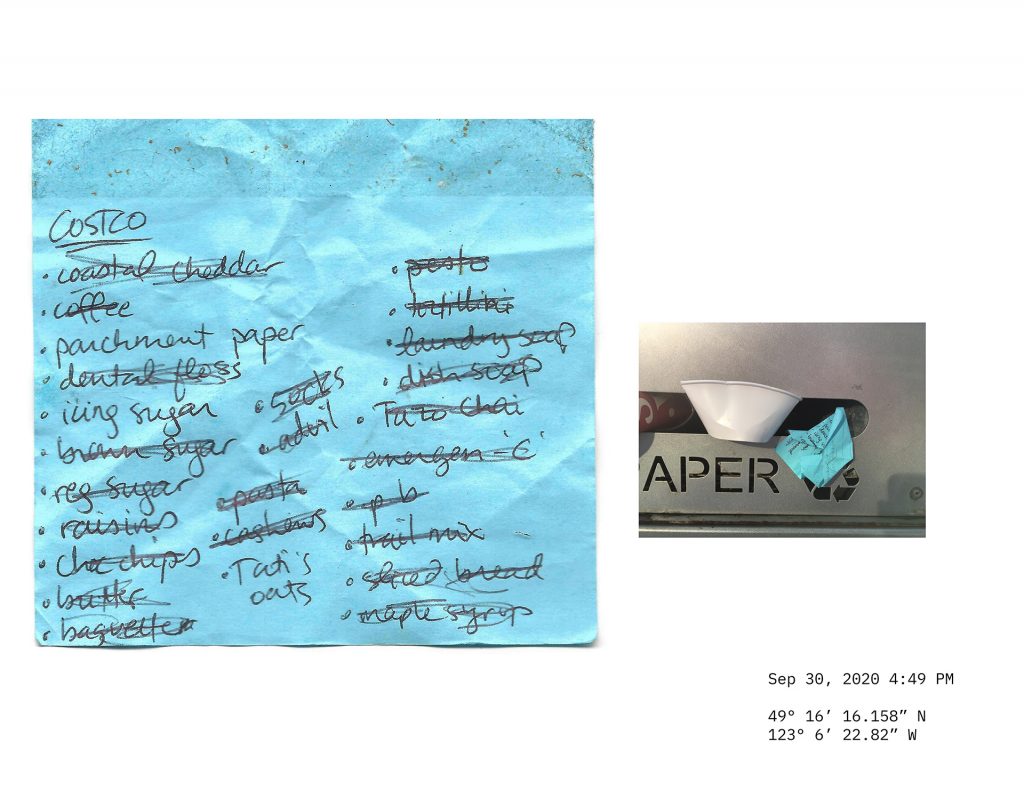
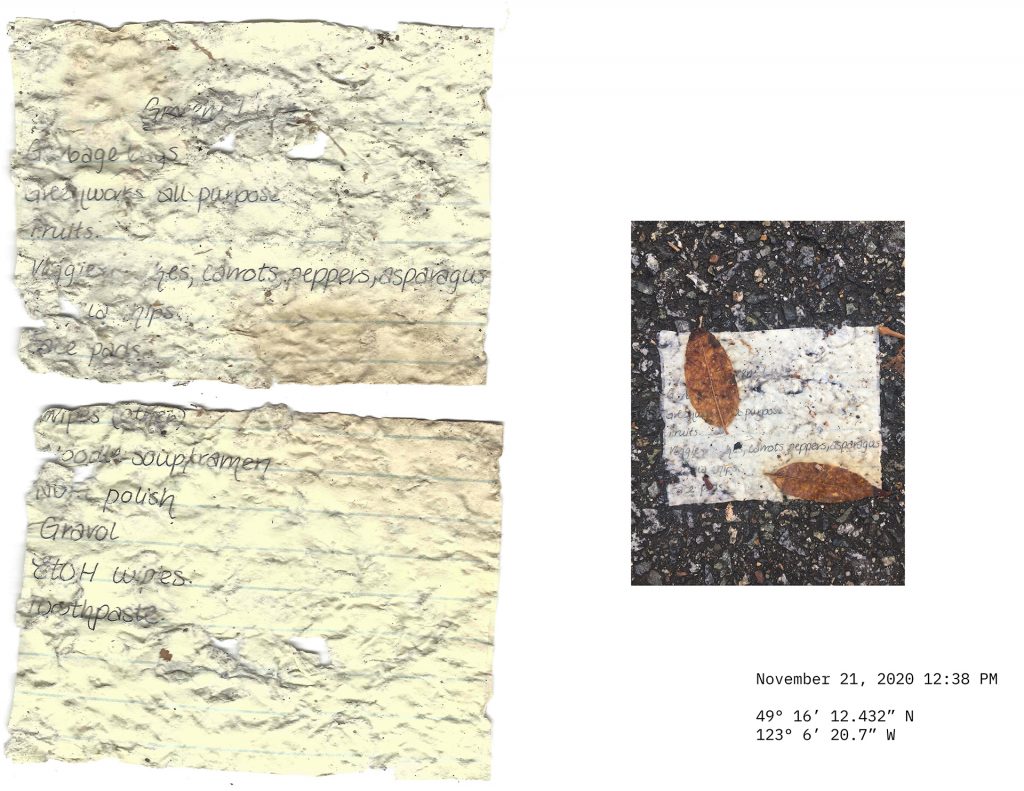
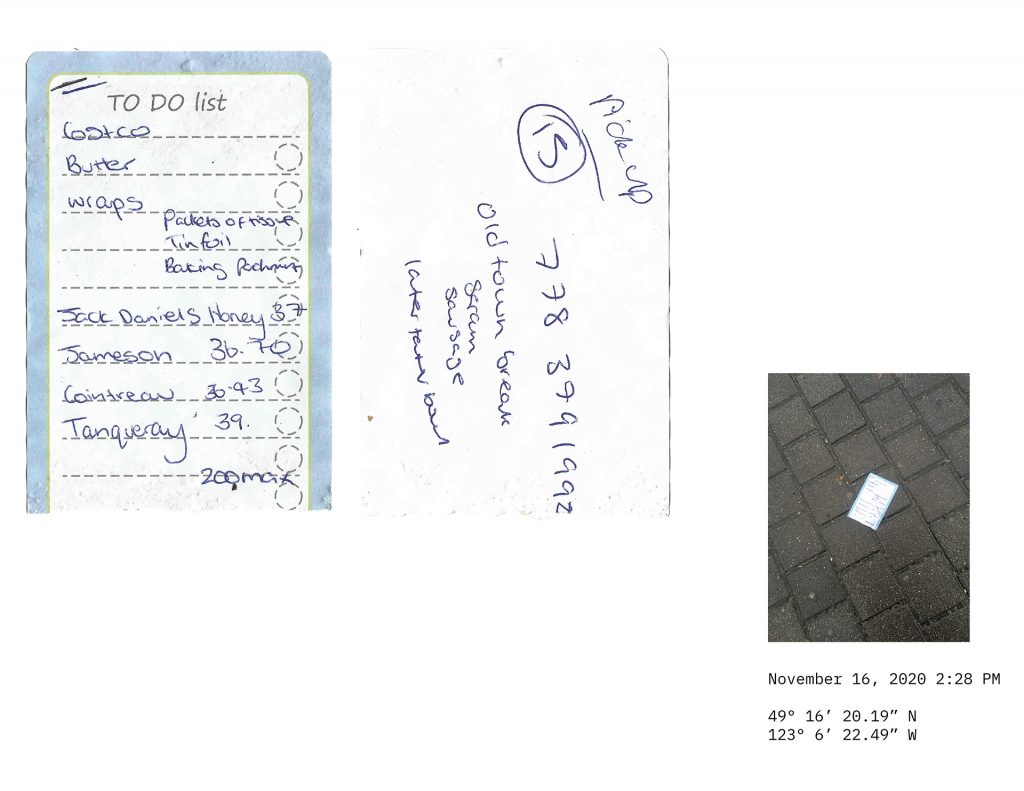
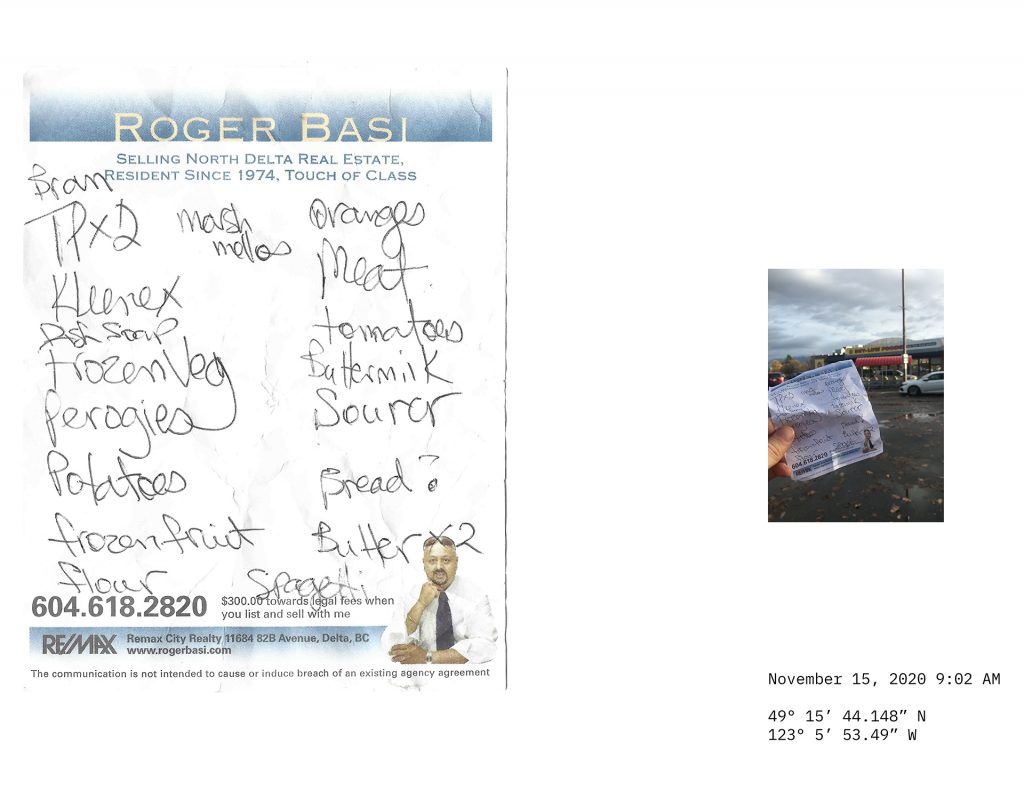
Roving Designers
The Roving Designers are a place-based collective for designers I formed during the semester whose practices involve engagement with public space, nature and the outdoors. It was created to foster co-design and co-creation in a sustainable, inclusive and decolonial manner. Its aim is to bring design work out of the confines of buildings and into parks, plazas, sidewalks, and other sites of community. Work of this collective manifests through workbooks, design walks, workshops and other communal practices.
This studio/collective is a space that encourages decolonial design practices that care with and respond to local environments, communities, & contexts. We focus on practicing and sharing small & slow acts of design making that can lead to discussions and insights into larger systemic issues.
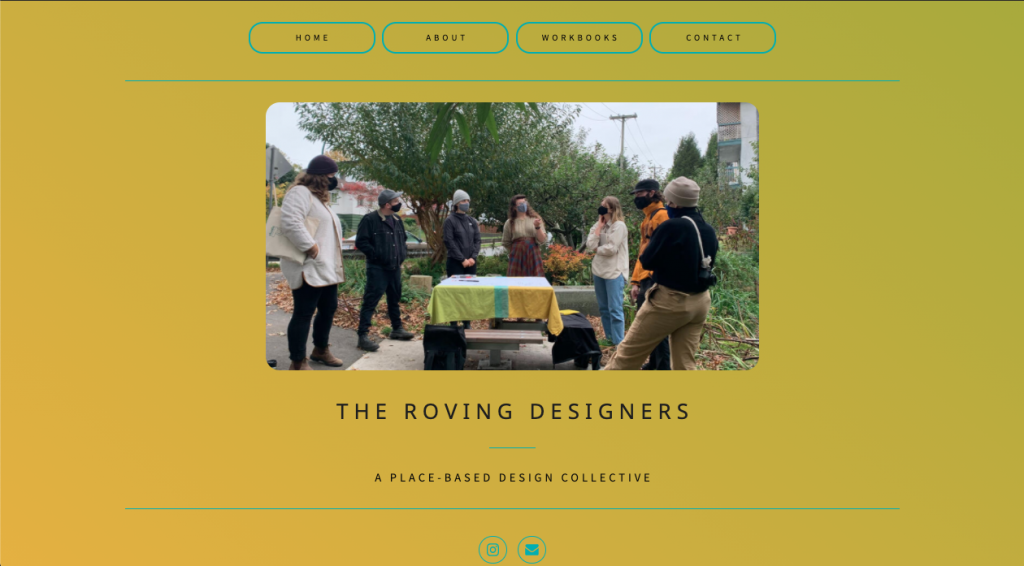
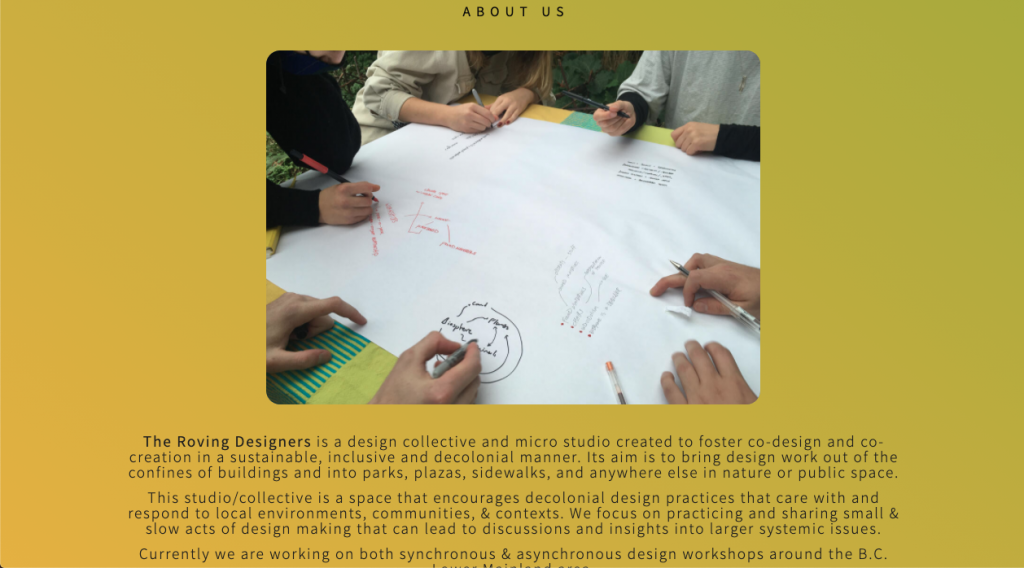
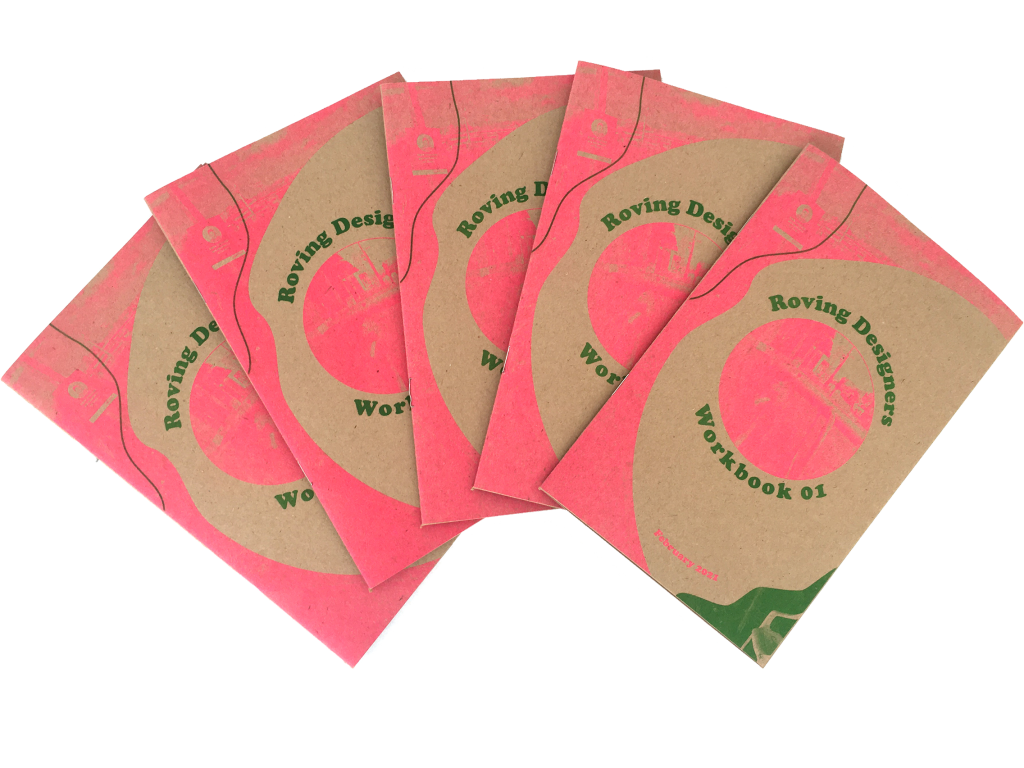
Care/Community/Action! Card Set
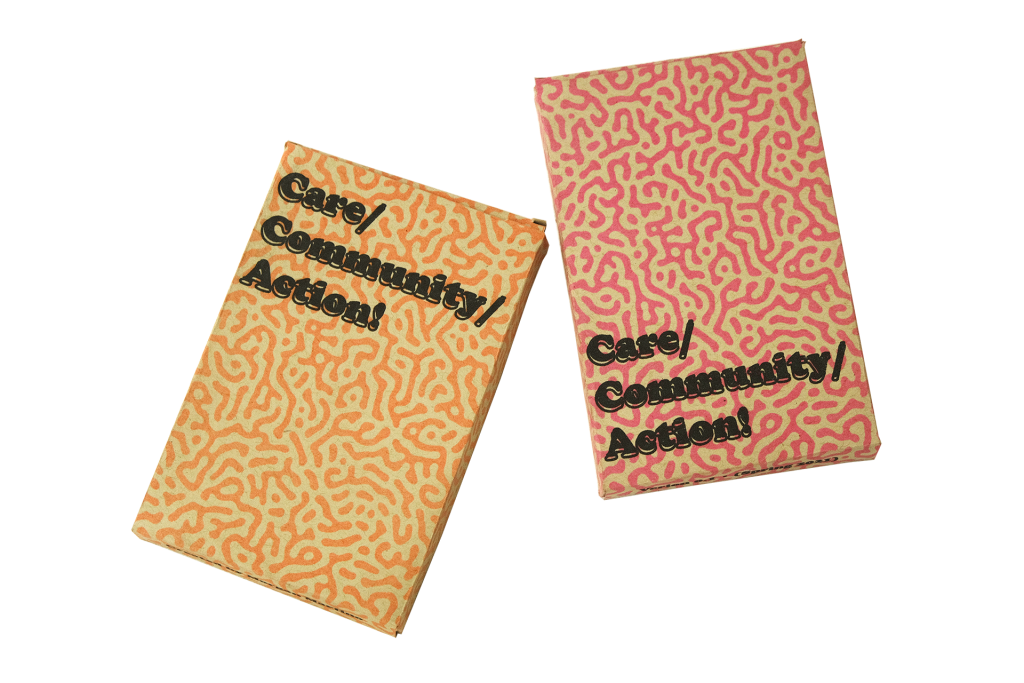
Care/Community/Action! is a card set that facilitates group exercises in re-examining material cultures and designed environments through a lens of care; linking small actions and artifacts to larger systems and values that they are entangled in through applied design research practices.
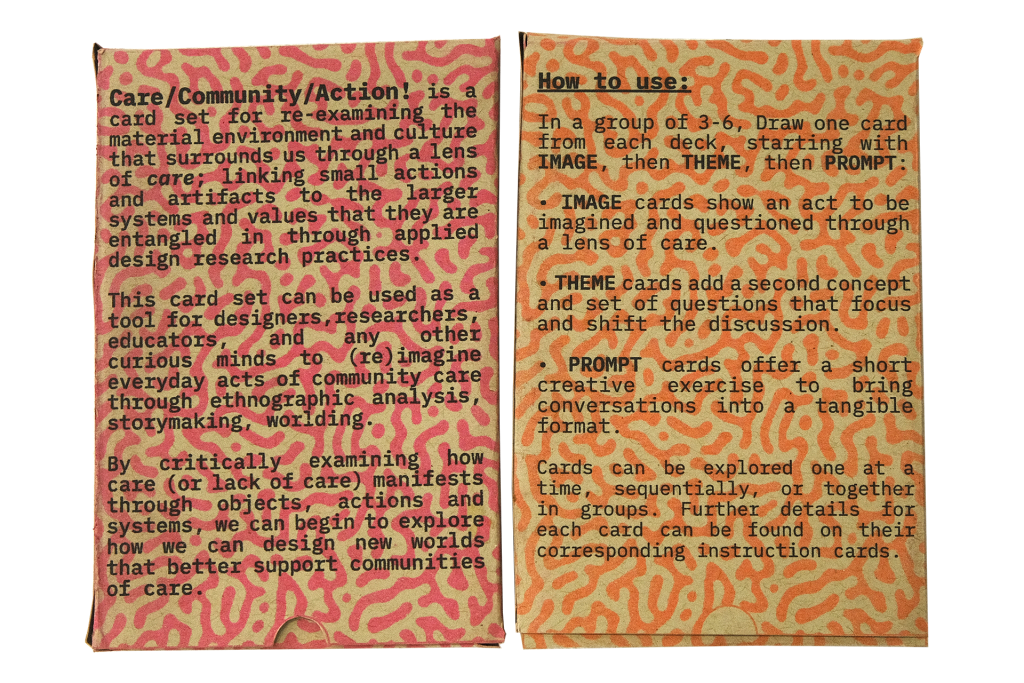
Care/Community/Action! can be used as a tool for designers, researchers, educators, and other curious minds to (re)imagine everyday acts of community care through ethnographic analysis, storymaking, worlding. By critically examining how care (or lack of care) manifests through objects, actions and systems, participants can begin to explore ways design can shape and support new worlds that better facilitate communities of care.
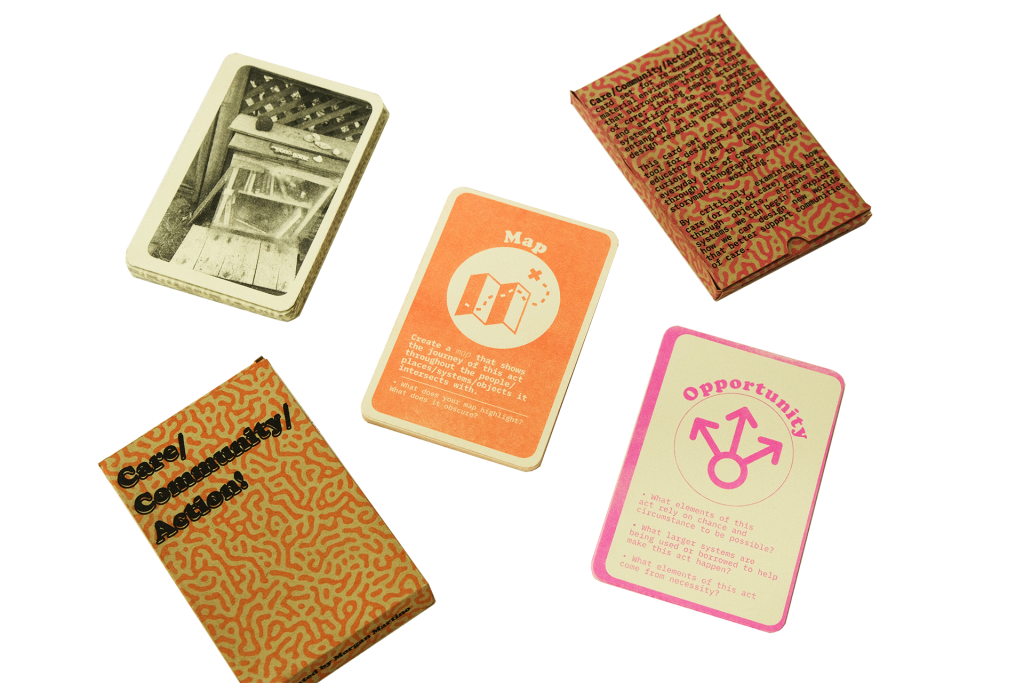
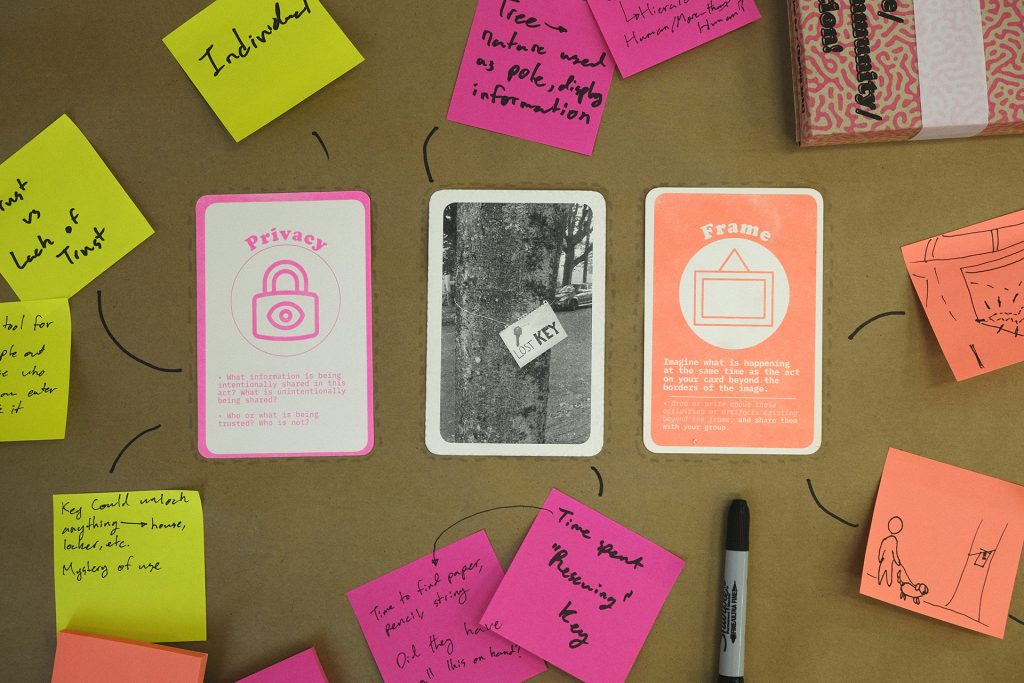
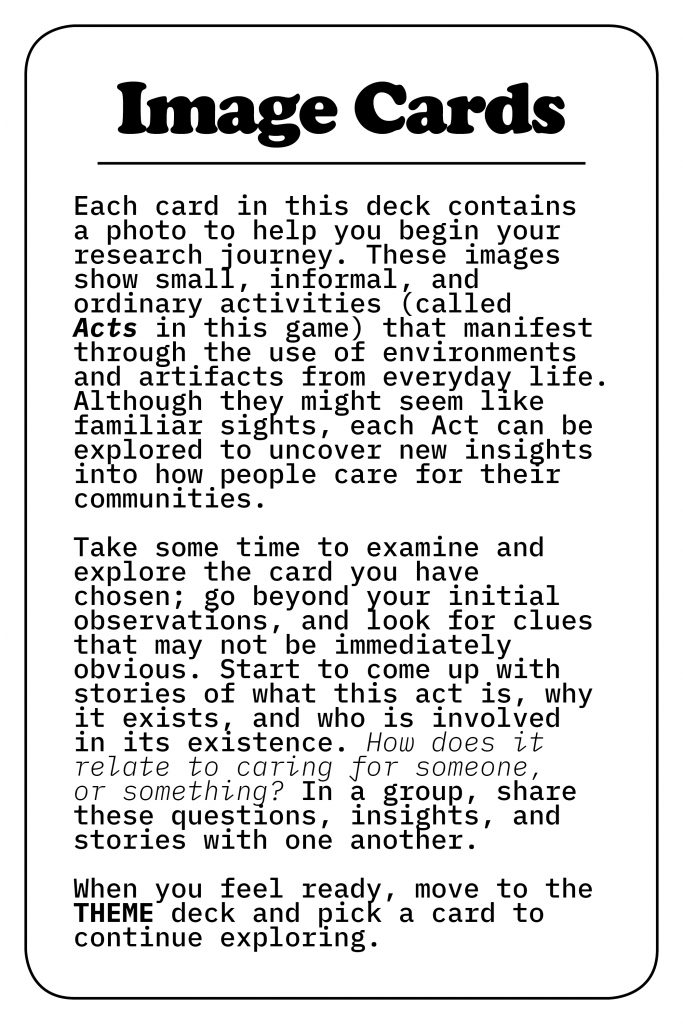
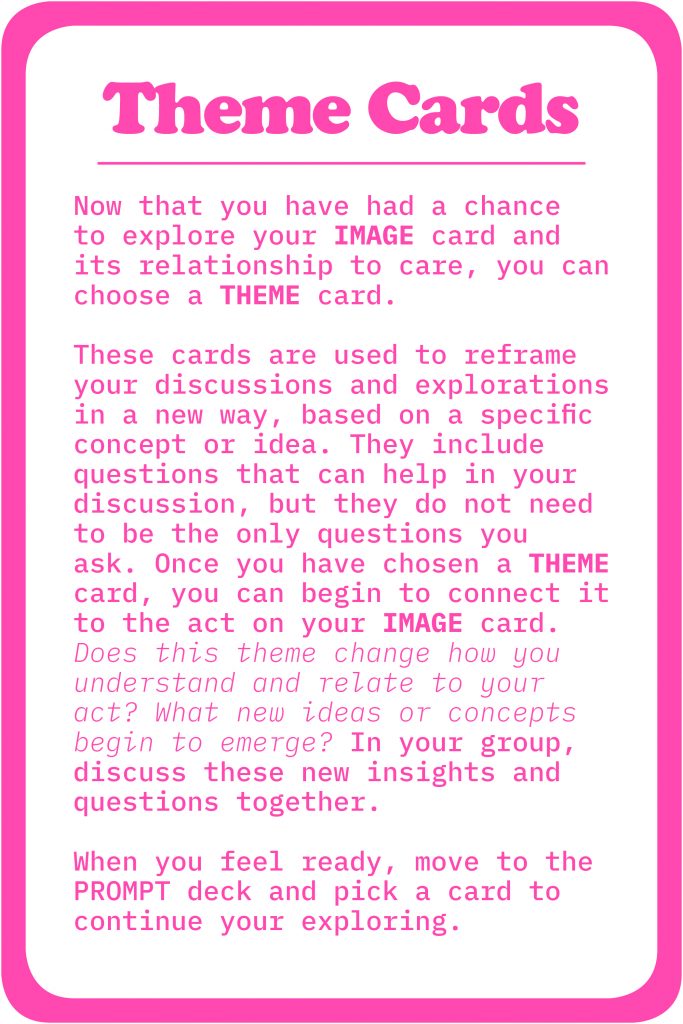
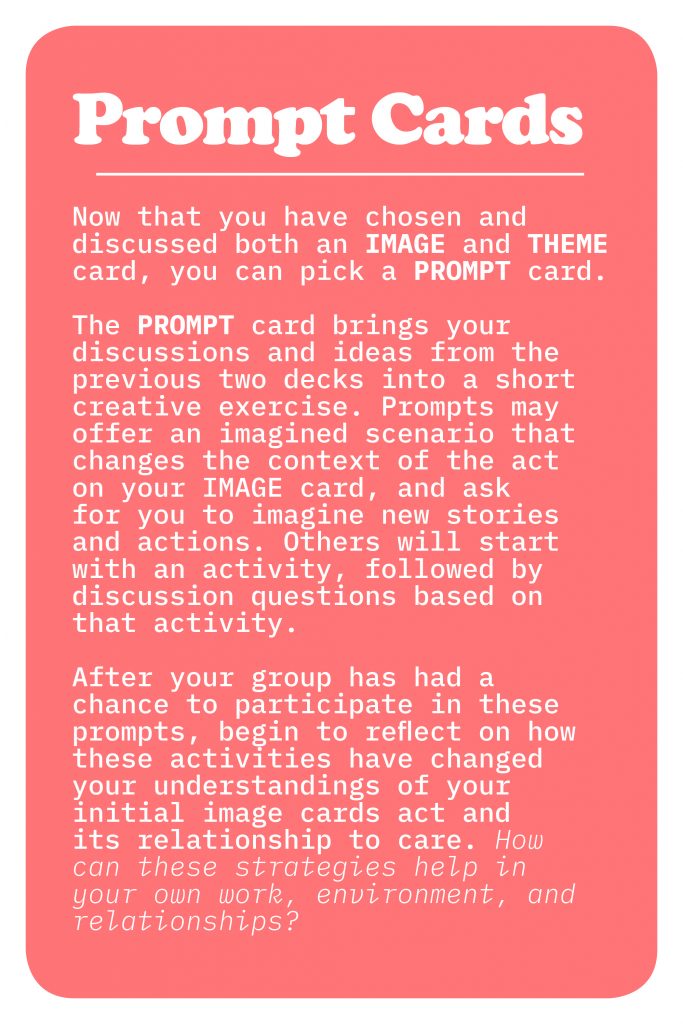
Decks initially contain 96 cards (48 Image, 24 Theme & 24 Prompt), but can be expanded to include custom made cards that better reflect the contexts they are used in. New cards can easily be created through an (upcoming) online platform.
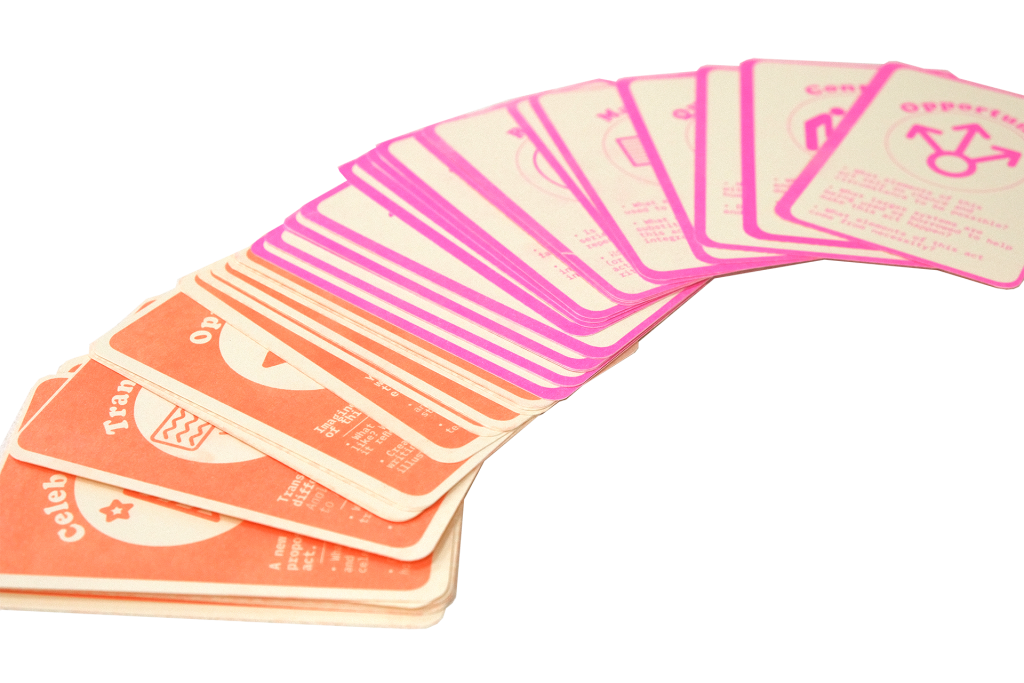
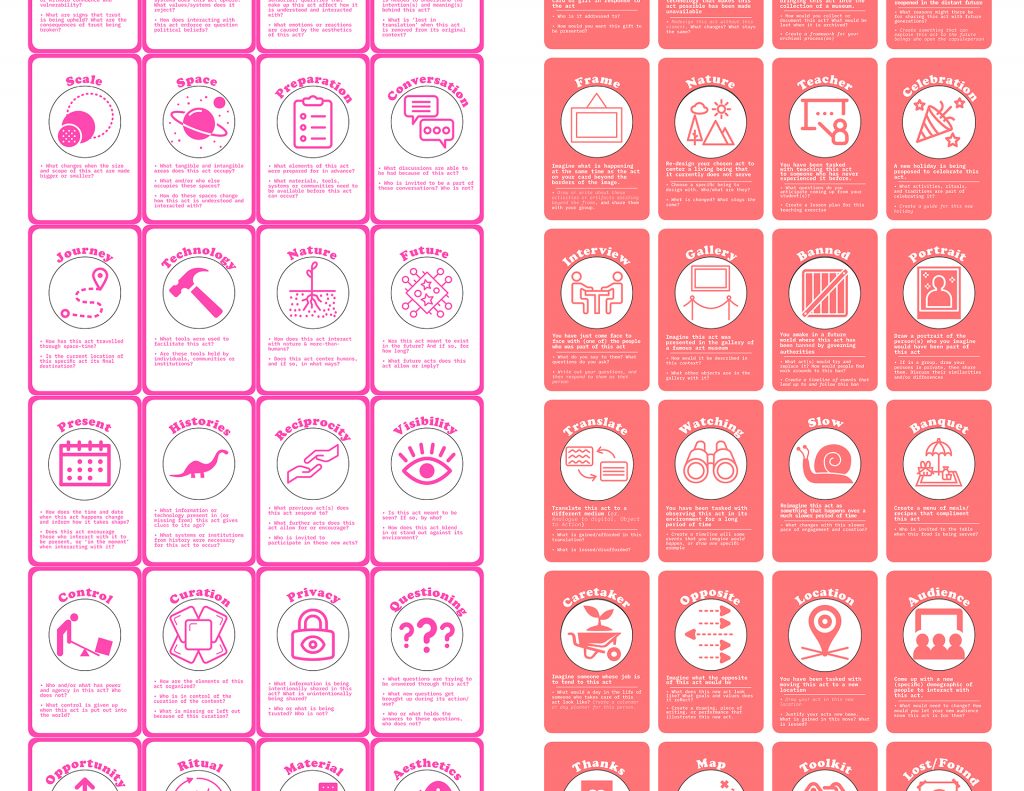
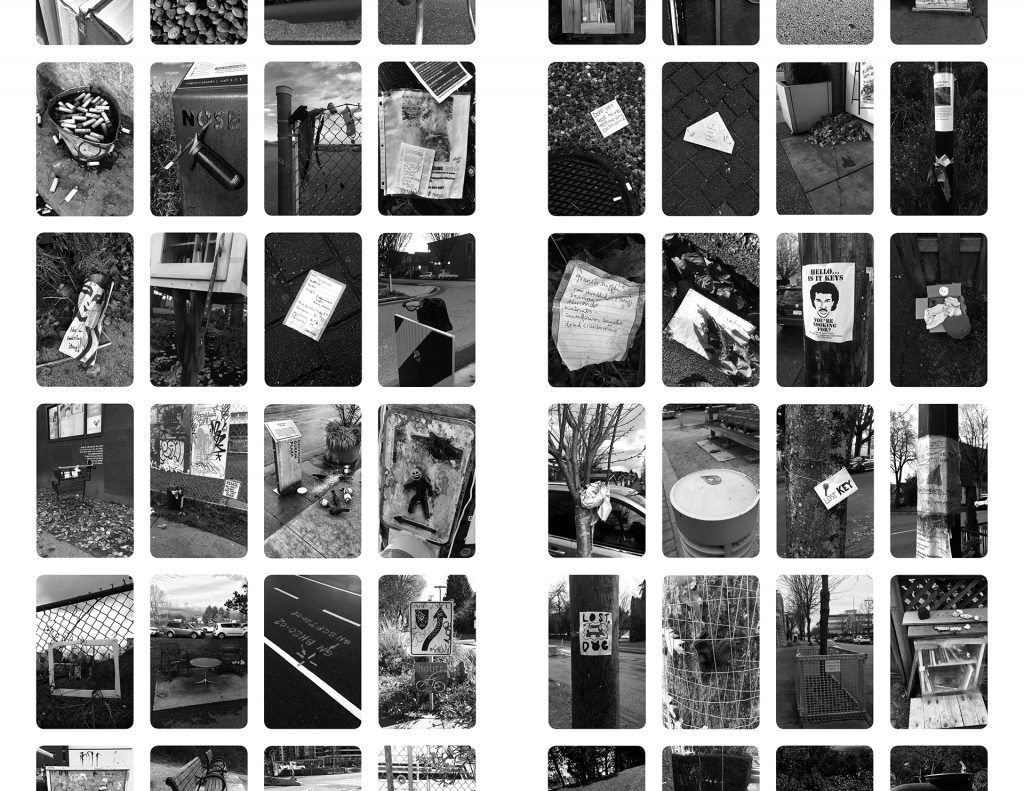
Care/Community/Action! Is an open source tool, able to be modified to better serve the needs of the communities using it. For example, new cards could be populated with images from a Hospital to better understand patients’ experiences, or a public park to explore how the multiple ways it is being used. New cards can be created through an (upcoming) online platform to allow for site specific image, theme and prompt cards. This iterative approach to game design allows for new forms of engagement to emerge organically and creates an ongoing dialogue between co-designers and facilitators.
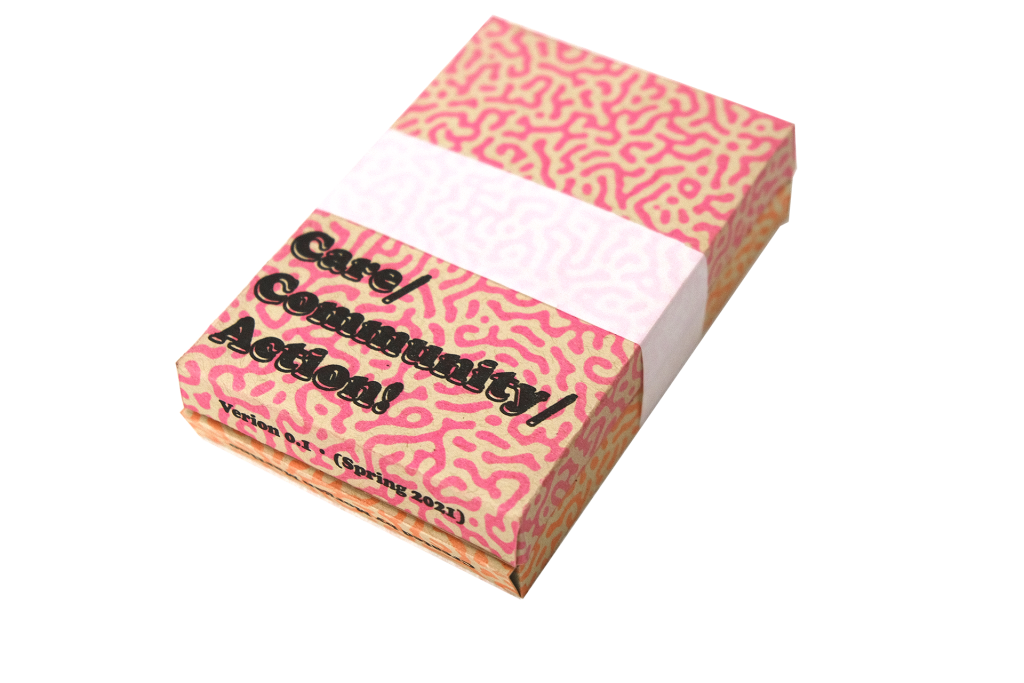
Award Recipient
- Glenmore Custom Print + Packaging Design Award

